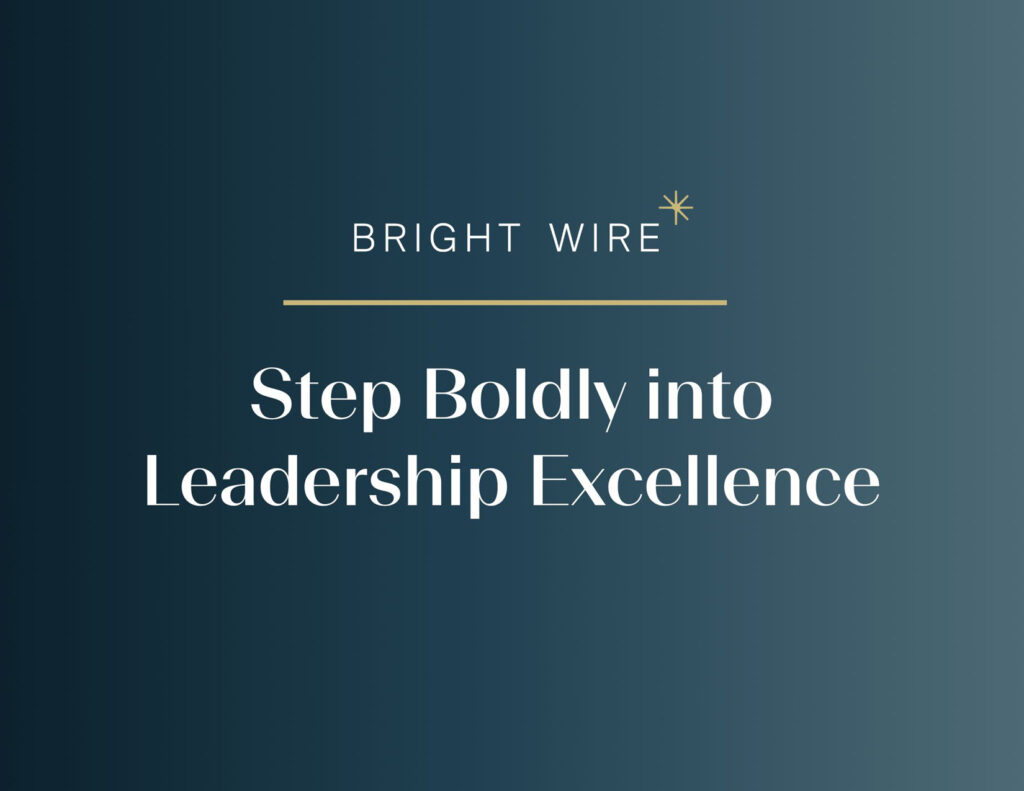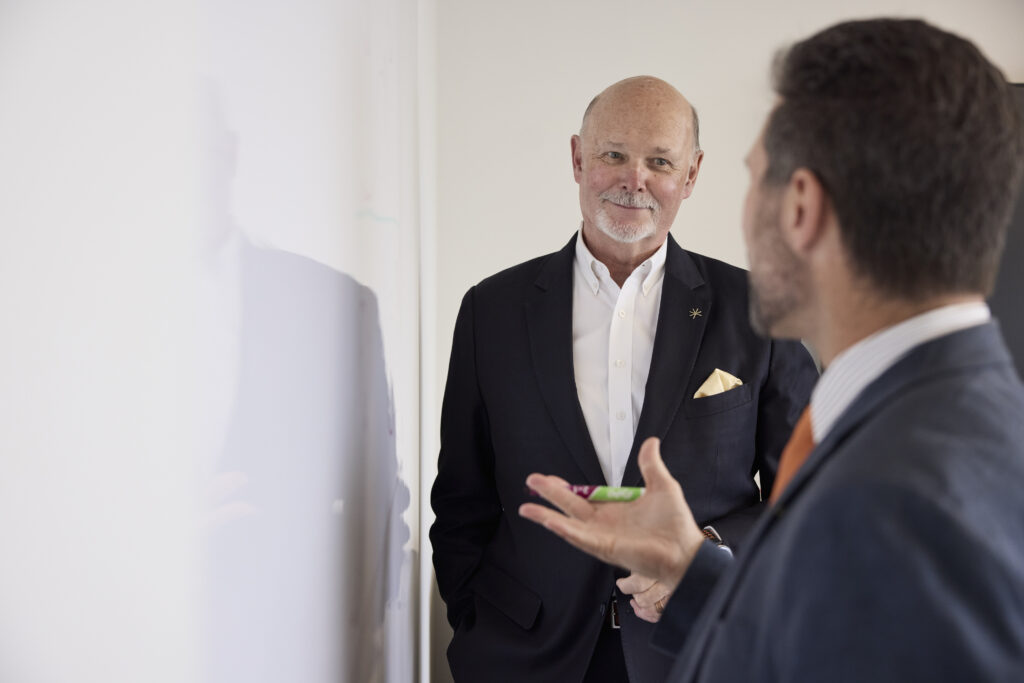How To Be A More Intentional Leader
Lead. It’s a verb. Not unlike a high-performing athlete that mitigates injury and reaches performance goals by being intentional in every move they make, if we lead our teams with intentionality we can achieve better and more predictable outcomes. Without intentional leadership, teams can lose confidence in their company’s goals and become less effective, feeling like there is no well-thought-out plan. This disengagement often leads to the loss of key talent.
Take this three-step approach to create more intentionality in your leadership:
1. Reflect properly with self-awareness.
Take stock of your team’s successes and challenges in the past year. What were your contributions as a leader? Where did you enable success? Where did you contribute to the challenge? Where can you identify the unintended results of your approach? This honest reflection will allow you to adapt your leadership style in situations that require more intentional and active leadership.
2. Intentionally develop yourself and your people.
Intentionality can — and should — be measured. Using your reflection, create an action plan to bring more intentionality into your practice. Ask yourself what do you want to achieve as a leader? What, specifically, does your team need from you? Create concrete steps to achieve these and measure your ability to execute on these steps.
Carve out time to have 1:1 development conversations with the members of your team. Protect this time. Keep a record of how you intended to show up and then how you did show up. Record how your team responded to your approach and consider whether you need to adjust your approach.
Work with your team to set goals that address not just the “what” that has to be accomplished but also the “how” and “why.” Giving your team the information they need to develop their own intentional behavior will help ensure engagement in a project.
3. Intentionally develop your career.
Complacency can often result in a lack of intentional career development. Ask yourself what you want out of this phase of your career. What do you want out of the next phase? Be intentional about your career growth and ambition. How are you measuring success? If you are relying on external measures, you are at risk of complacency. What does success look like? What will you intentionally do to achieve this?
Try using the “Merlin Exercise” to help you achieve your goals. This process has you working backward from your ultimate career goal to milestones along the way that will create an intentional road map for your career journey.
It is easy to get caught up in just “getting things across the finish line” without taking time to reflect, plan and engage. Taking the time to be more intentional can ultimately lead to a higher-performing, more engaged team (and self) that will drive productivity and outcomes. Step back, take time, reflect and be intentional.






